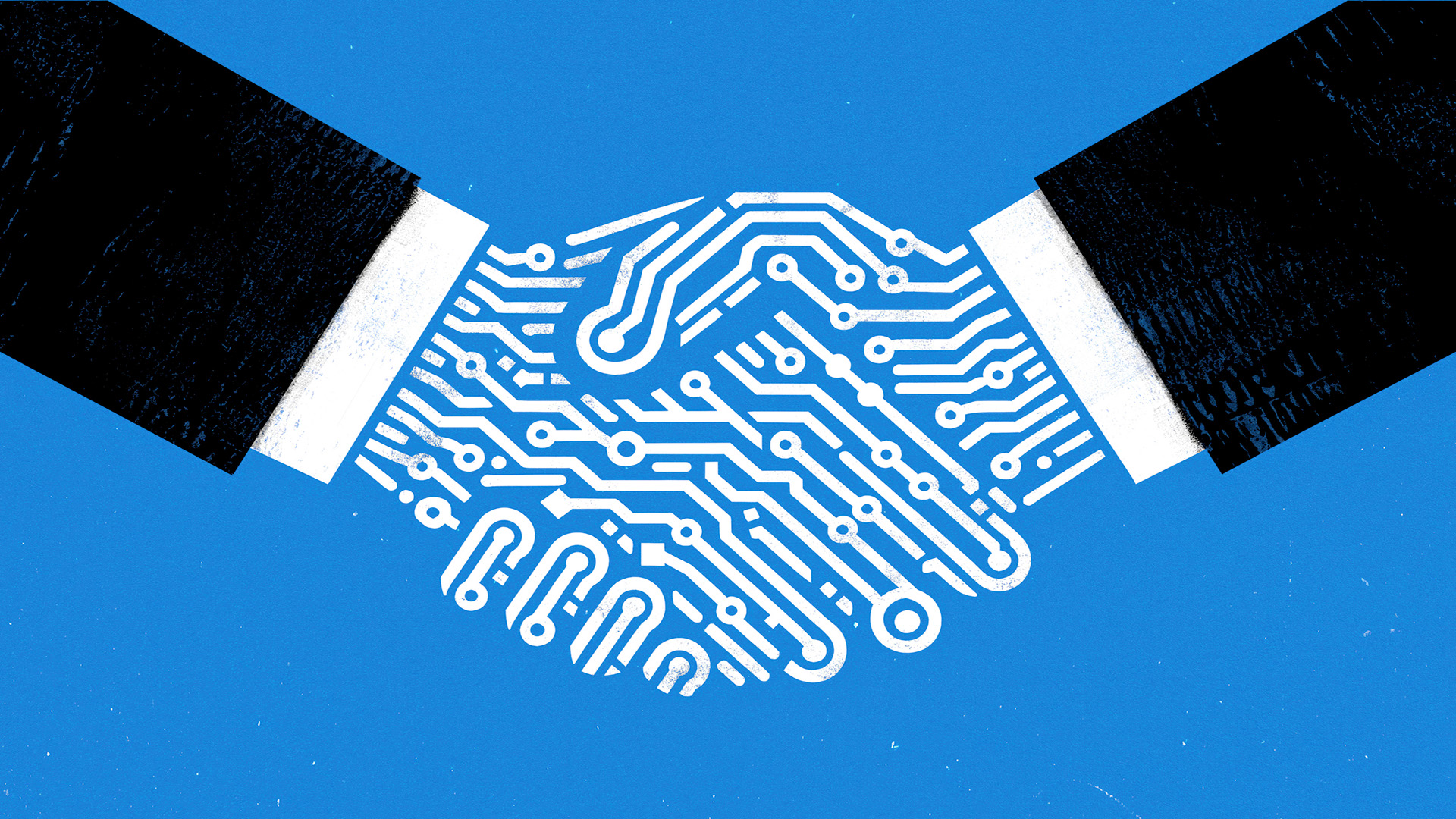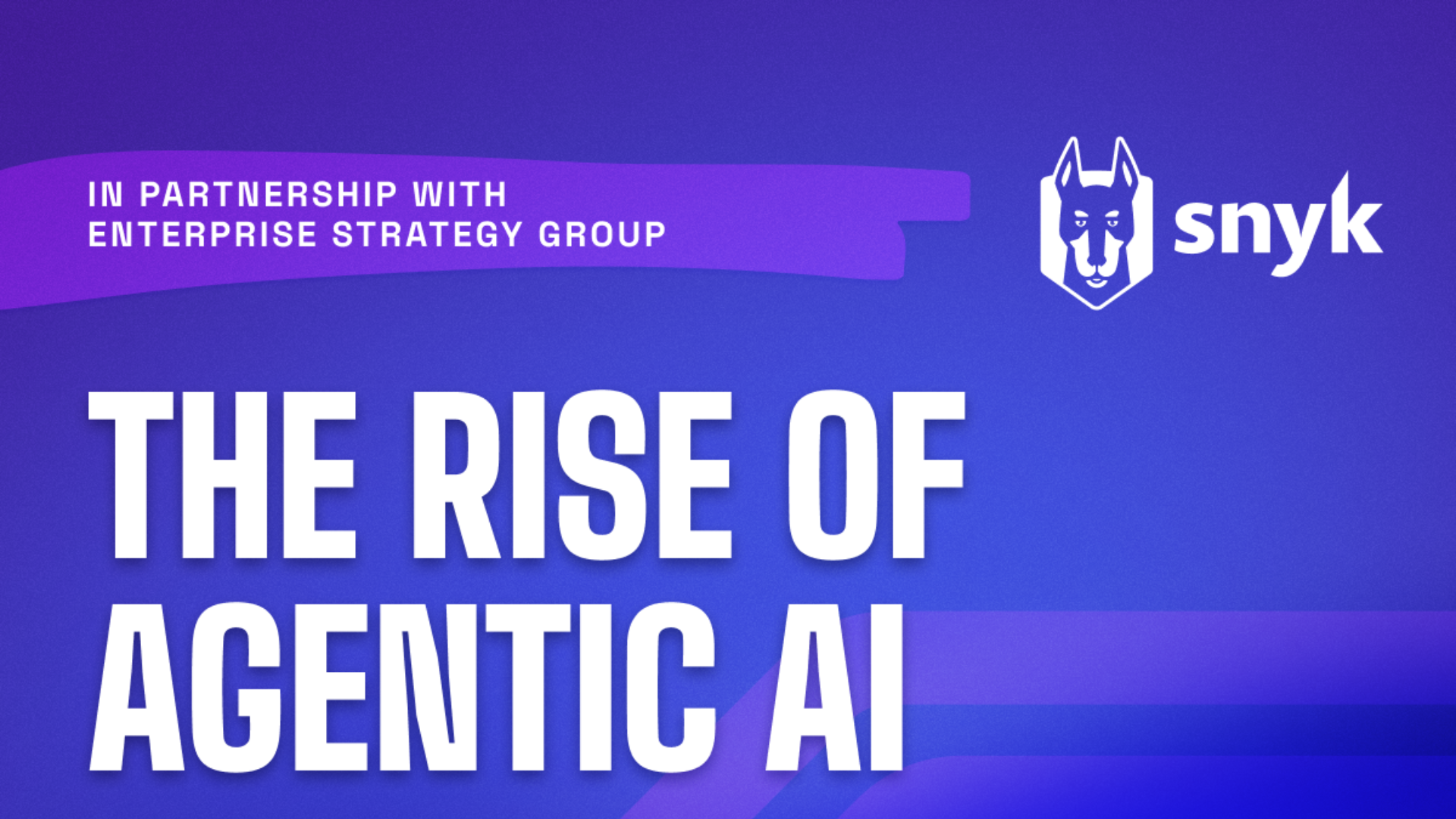Cyber criminals only honour half of ransomware payments
Victims still don't get files decrypted after sending money, says new report


Paying money to cyber criminals following a ransomware attack is no guarantee that files will be decrypted, according to a new report.
Imperva's CyberEdge Group's fifth annual Cyberthreat Defense Report found that 55% of respondents were compromised by ransomware in 2017, down from 61% in 2016. However, when infected by ransomware, out of the companies that paid the ransomware, 49% recovered their data while 51% lost their data.
The research questioned 1,200 IT security decision makers and practitioners from 17 countries and 19 industries. It found that out of the companies that refused to pay the ransom, 87% recovered their data, 13% lost their data.
"Just over half of the survey respondents admitted that following a ransomware infection they still lost their data even though they paid the fine," said Terry Ray, CTO at Imperva.
"This highlights the reality that there is no guarantee a company will get their data back if they pay the ransom. Companies therefore need to stop ransomware attacks from the very beginning, before the encryption of data takes place. The best way to prevent an attack is to immediately detect ransomware file access behaviours before the ransomware spreads across the network and encrypts file servers. Once detected, you can quarantine impacted users, devices and systems."
The report also revealed that for the first time in five years, the percentage of organisations affected by a successful cyber attack decreased, dropping from 79% in 2016 to 77% in 2017. Furthermore, the number of organisations victimised by six or more successful attacks fell from 33% in 2016 to 27% in 2017.
Respondents also highlighted an IT security skills deficit. For the first time in five years, lack of skilled personnel outdid low security awareness among employees as IT security's greatest inhibitor to success. In 2018, four in five organisations are experiencing an IT security skills shortage.
Sign up today and you will receive a free copy of our Future Focus 2025 report - the leading guidance on AI, cybersecurity and other IT challenges as per 700+ senior executives
"The security skills shortage is well-documented so this isn't a surprise. However, to help overcome deficiencies in their human teams, organisations can bolster their cyber defences and bridge the skills gap using machine learning (ML) and artificial intelligence (AI). ML software can perform preventative and analytical security processes and can detect threats at a much greater speed than humans, helping to prevent attacks," said Ray.
Rene Millman is a freelance writer and broadcaster who covers cybersecurity, AI, IoT, and the cloud. He also works as a contributing analyst at GigaOm and has previously worked as an analyst for Gartner covering the infrastructure market. He has made numerous television appearances to give his views and expertise on technology trends and companies that affect and shape our lives. You can follow Rene Millman on Twitter.
-
 A notorious ransomware group is spreading fake Microsoft Teams ads to snare victims
A notorious ransomware group is spreading fake Microsoft Teams ads to snare victimsNews The Rhysida ransomware group is leveraging Trusted Signing from Microsoft to lend plausibility to its activities
-
 Volkswagen confirms security ‘incident’ amid ransomware breach claims
Volkswagen confirms security ‘incident’ amid ransomware breach claimsNews Volkswagen has confirmed a security "incident" has occurred, but insists no IT systems have been compromised.
-
 The number of ransomware groups rockets as new, smaller players emerge
The number of ransomware groups rockets as new, smaller players emergeNews The good news is that the number of victims remains steady
-
 Teens arrested over nursery chain Kido hack
Teens arrested over nursery chain Kido hacknews The ransom attack caused widespread shock when the hackers published children's personal data
-
 NCA confirms arrest after airport cyber disruption
NCA confirms arrest after airport cyber disruptionNews Disruption is easing across Europe following the ransomware incident
-
 Cyber professionals are losing sleep over late night attacks
Cyber professionals are losing sleep over late night attacksNews Hackers are biding their time and launching attacks when businesses can’t respond
-
 Prolific ransomware operator added to Europe’s Most Wanted list as US dangles $10 million reward
Prolific ransomware operator added to Europe’s Most Wanted list as US dangles $10 million rewardNews The US Department of Justice is offering a reward of up to $10 million for information leading to the arrest of Volodymyr Viktorovych Tymoshchuk, an alleged ransomware criminal.
-
 Jaguar Land Rover “did the right thing” shutting down systems to thwart cyber attack
Jaguar Land Rover “did the right thing” shutting down systems to thwart cyber attackNews The attack on Jaguar Land Rover highlights the growing attractiveness of the automotive sector


